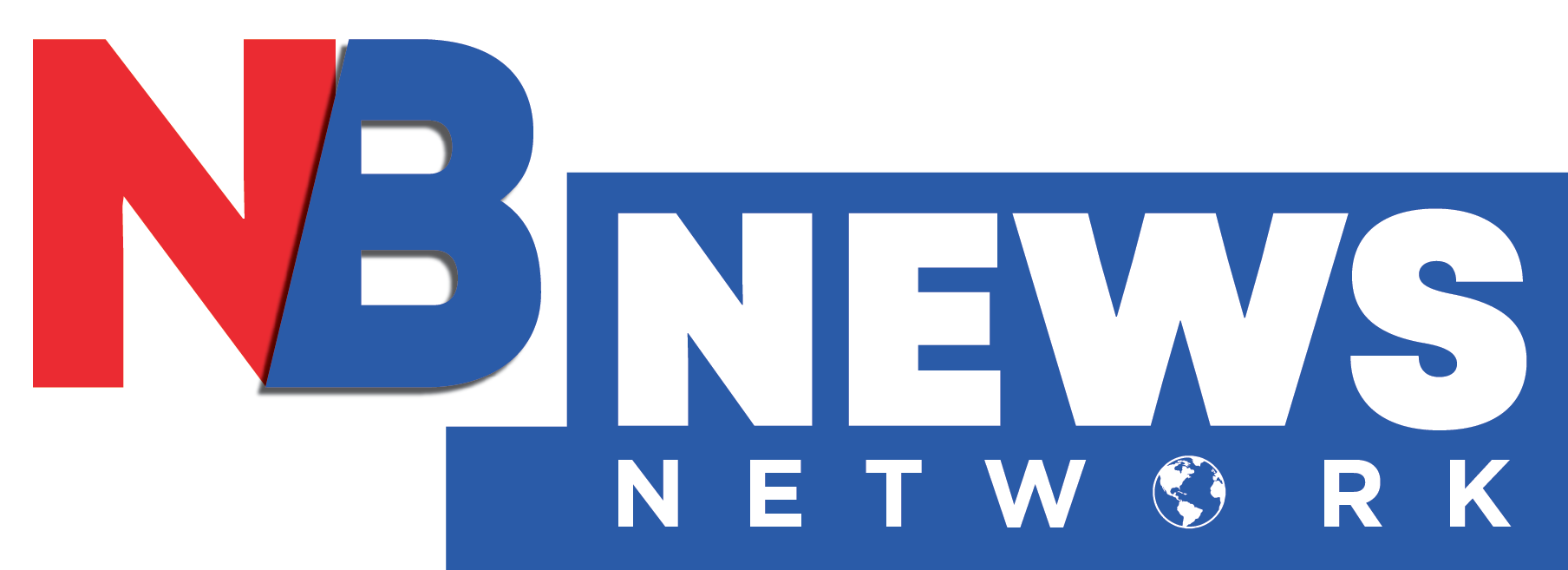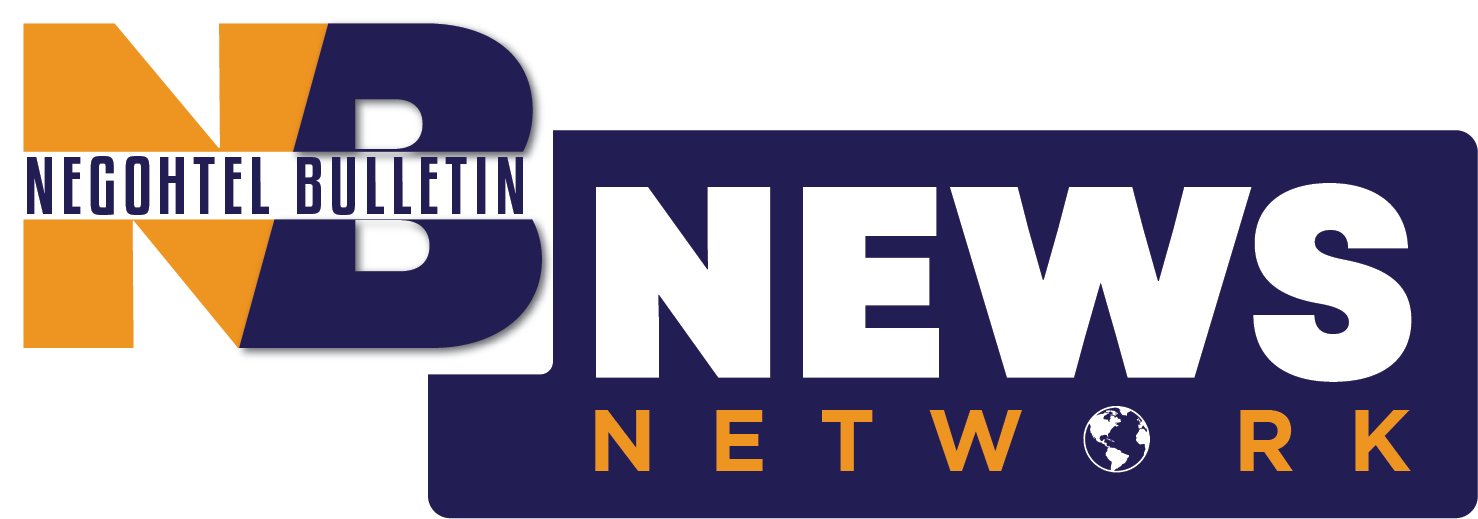The U.S. hospitality industry faced another tough blow this week as hotel stocks plummeted in response to President Trump’s sweeping new tariffs. Already down 11% for the year, major hotel chains like Marriott, Hyatt, and Hilton saw further losses—dropping an average of 6% on Thursday alone, according to the Dow Jones Hotel Index.
President Trump’s latest round of tariffs has raised alarm bells across multiple industries, but hotel companies are especially vulnerable. With Hilton and Marriott shares falling 7% and Hyatt down 5%, the message from Wall Street is clear: rising costs and declining consumer confidence are a dangerous mix.
According to Baird analyst Michael Bellisario, Hilton, Marriott, and Choice Hotels are the most exposed to U.S. construction and development pressures. “Construction costs will be higher as a result of the bigger-than-expected reciprocal tariffs,” Bellisario noted, adding that the return on investment for hotel development is now facing even more pressure.
Travel Demand Shrinks as Consumer Confidence Wanes
The effects of tariffs go beyond the construction site. As costs rise, consumer confidence drops—and with it, discretionary spending on travel. Airlines, hotels, and vacation packages are typically the first to be cut when consumers tighten their belts. This trend is already visible in the European market: Accor CEO Sébastien Bazin revealed a 25% drop in U.S. bookings by European travelers, citing negative sentiment and safety concerns. Hotel expansion has long been a growth driver for the industry, with roughly 70% of new rooms coming from fresh construction. With tariffs inflating the cost of building materials by 5% to 10%—on top of the existing 20% tariffs for goods from China—developers may hit pause. “Fewer projects will get signed and started over the near term,” Bellisario warned.
What to Watch Next
Investors and travelers alike should watch for ripple effects in the coming months. As developers reassess projects and travel demand softens, the hospitality sector could face further volatility. For consumers, this could translate into fewer hotel choices and potentially higher room rates.
Stay tuned for more updates on how economic policy is reshaping the travel landscape!




